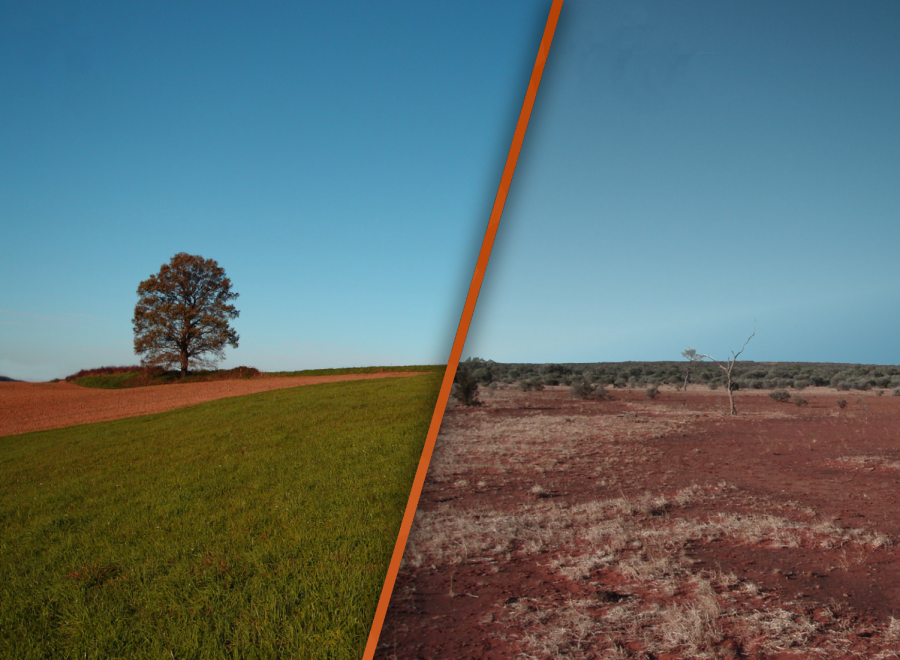Everyone should do their part to help save the bee population (Opinion)
Humans are the leading motive for bees dying, which can extend to deterioration in our ecological community
An in-depth look into what our world would look like without essential help from bees.
October 13, 2021
Bee populations have decreased at very significant rates. More than 40% of American honey bee colonies have been dying off every year for the last decade. This issue is not only exemplified in the U.S., but the whole world. Scientists imply that this is part of wider mass extinction in which the majority of one of the planet’s species go entirely extinct.
Bees make up 90% of all living species, which includes animals and plants. Most people don’t take into consideration the effect the bee population has on the human population. If bees die out, thousands of plants would follow — availability and diversity of fresh produce would decline substantially, and human nutrition would likely suffer.
This was further proved in Einstein’s argument when he said, “If the bee disappears from the surface of the earth, man would have no more than four years to live.”
Most people believe honey bees are the most valuable type of bee, but wild bees are actually just as important to our environment. Besides honey bees, there are 20,000 different bee species and today they could be suffering.
We could be highly affected because of how much they help with the production of fruit, veggies, and other crops that make up the bulk of our diet. According to the United Nations (UN), up to 75% of the world’s food harvests depend on bees and other pollinators in some way. Without insects (particularly bees) our food system wouldn’t necessarily deteriorate, but many people would lose adequate nutrition. If a substantial amount of bees continue dying, it would cause a ripple effect throughout most major ecosystems and food webs. Pollinators provide pollination services to over 180,000 different plant species. Bees are fundamental to many of the world’s food, which is why their dwindling numbers are such a cause for concern.
Bees are crucial to human survival.
There are numerous reasons why the bee population a has been nosediving, with climate change caused by humans being largely responsible for these dwindling numbers. Other reasons for the bee population decline include habitat destruction (which creates less space for other species to live and grow), air pollution (which halts the scent signals that lure and guide bees towards flowers as well as affecting their hearts and immune systems), and monoculture (which planting massive amount of plants not pollinated by insects). This lack of pollinated plants available can lead to starvation for bees. Another prominent cause of bee death is parasites, more specifically the varroa destructor mite. This mite injects a cocktail of digestive enzymes and gradually liquefies the bees’ insides.
If bees are so crucial, why haven’t we done very much to help them?
As a society, we focus only on our own evolution, proceeding with actions such as habitat destruction, which demolishes many acres of land where wild animals are located, simply for our own commercial benefit and to further expand cities. Testing products on animals is another remarkable example of human greediness. The promotion of such activities is the reason our biodiversity is collapsing.
Don’t be part of an unenlightened group — start helping. Try making your garden into an outdoor space designed with bees in mind; plant single-headed flowers, which are easier for bees to access. If you can, do your best to donate to and volunteer with reliable organizations working to save the bees.


